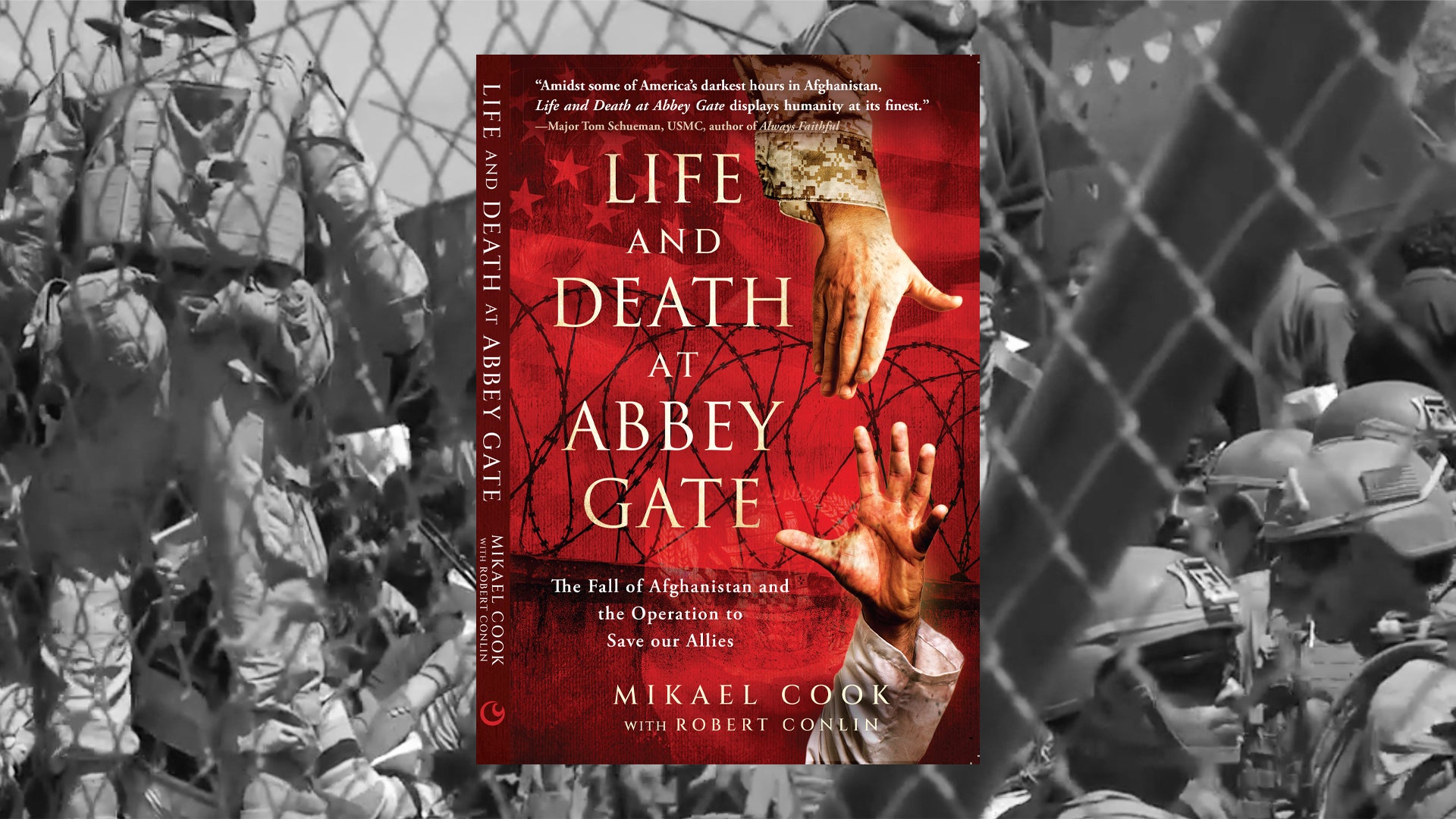It has been nearly three years since the departure of the last American servicemember from Afghanistan, signaling the end of a grueling twenty-year war. However, many veterans expressed discontent with the perceived completion of the withdrawal, as numerous Afghan allies of the United States were abandoned, left vulnerable to Taliban persecution.
Mikael Cook, a member of the #DigitalDunkirk initiative, played a pivotal role in rescuing thousands of Afghans before the withdrawal. While personally aiding 20 Afghans, Cook extended his efforts by initiating a fundraiser for two evacuees, attracting significant interest in the backstory of his endeavors.
Rather than repeatedly recounting the extensive narrative, Cook opted to document the events to prevent crucial details from fading amidst the passage of time and relentless nights. His motivation stemmed from a desire to preserve the sequence of events and ensure nothing was forgotten.
Feeling the need to capture the ground reality rather than the sanitized version presented by official sources, Cook delved into writing. His initial notes evolved into a comprehensive account that aimed to provide an authentic portrayal of the events that unfolded during the evacuation.
The aftermath of the Afghanistan withdrawal continues to face scrutiny, with no accountability from the military or government for the ensuing chaos. Despite the tumultuous circumstances following the withdrawal announcement, both veterans and civilians united to rescue as many Afghans as possible.
Collaborating with on-ground service members, individuals facilitated the safe passage of vetted Afghan allies, offering them a potential pathway to the United States. While some garnered attention through media coverage, Cook believed that numerous unsung heroes deserved recognition for their valorous acts.
Recognizing the untold stories of bravery, Cook expanded the scope of his book by interviewing Marines who were present during the evacuation. These firsthand accounts aimed to shed light on the discrepancies between official reports and the ground realities witnessed by those directly involved.
The emotional toll of conducting these interviews was palpable, with tears flowing freely as interviewees recounted their experiences. The profound impact of the events lingered, manifesting as a lasting emotional burden for many involved.
Despite the waning public interest in the Afghan conflict due to subsequent global events, Cook remains steadfast in his mission to spark policy changes through his book. His ultimate aspiration is to catalyze a shift in governmental approaches, urging readers to delve into the truth of what transpired during the evacuation.
While acknowledging that the Afghan evacuation may have faded from public consciousness, Cook hopes that his book will serve as a testament to the sacrifices made and the untold stories of heroism that emerged during those critical moments.
